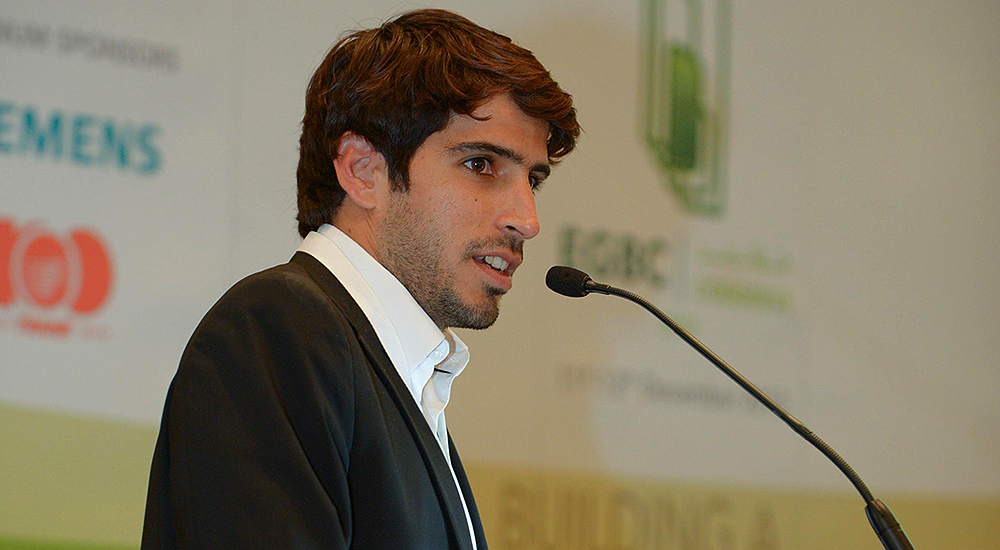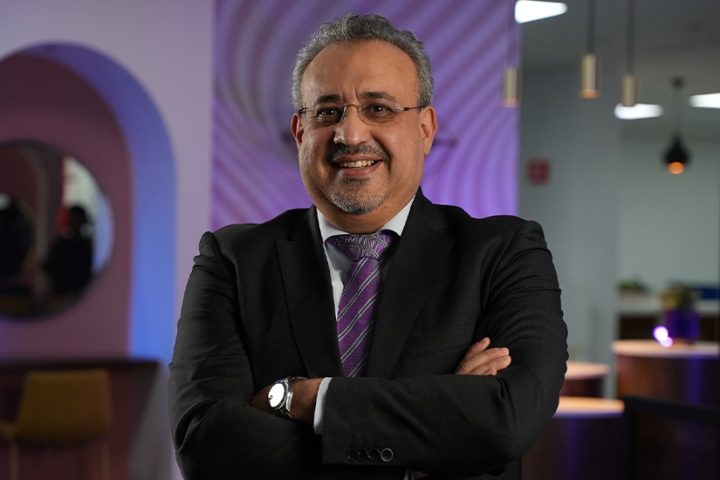Ten years ago, it would have been difficult to imagine the progress that the United Arab Emirates would achieve in implementing a national sustainable development platform that would become an integral part of the government and private sector.
As early as 2007, His Highness Sheikh Mohammed bin Rashid Al Maktoum, UAE Vice President and Prime Minister and Ruler of Dubai, announced a decree that mandated all new urban structures to conform to environment-friendly green building standards.
In 2010, the UAE Vision 2021 was launched, with sustainability as an important component to ensure a balance between economic and social development, with the ambition of becoming a global leader in green economy.
This was reinforced by the UAE Energy Plan for 2050 which aims to secure a greener future with clearly defined goals increasing the contribution of clean energy to 50% by 2050 and reducing the carbon footprint of power generation by 70%.
In 2008, Abu Dhabi launched the Estidama Pearl Rating System as part of Plan Abu Dhabi 2030. Abu Dhabi’s Tarsheed programme has also been established to target ambitious reductions in energy and water consumption of existing buildings.
The Dubai Integrated Energy Strategy DIES 2030, launched by the Dubai Supreme Council of Energy, provides a comprehensive sustainable energy framework that includes a robust Demand Side Management, DSM strategy that seeks to reduce energy consumption by 30% by 2030. The DSM 2030 strategy has in place eight programs for achieving the targets of the strategy.
Building on the DIES 2030, the Dubai Clean Energy Strategy 2050 aims to make the city a global hub of clean energy and green economy with 75% of the Emirate’s energy needs to be met through clean sources by 2050.
This is exemplified by the UAE being amongst the first signatories of the historic COP 21 Paris Agreement. The COP21 Paris Agreement has set a unique challenge and opportunity for the building sector.
In order to meet the Paris Agreement ambition of limiting global warming to below 2 degrees Celsius, the World Green Building Council has set a call for action for all new buildings to be designed and constructed to operate at zero carbon by 2030 and for 100% of all buildings, including the existing stock, to operate at zero carbon by 2050.
With buildings accounting for approximately 40% of global energy related greenhouse emissions, it is essential for the sector to realise this goal in order to take on the responsibility of the COP21 Agreement.
Cities will undoubtedly be at the frontline in achieving the goals of the Paris Agreement. Not only do cities represent the major source of emissions, but the density of human, economic and intellectual capital in the world’s cities can be a driving force for the acceleration of clean energy development and deployment.
Recognising this, 19 pioneering cities, representing 130 million urban citizens, recently committed to significantly cut greenhouse gas emissions from their cities by ensuring that new buildings operate at net zero carbon by 2030 by signing the World GBC’s Net Zero Carbon Buildings Declaration.
This represents a significant step forward in the transition towards net zero buildings as the cities also pledged to ensure all buildings in the cities, old or new, will meet net-zero carbon standards by 2050.
Key takeaways
- 19 cities, 130 million citizens, are committed to cut greenhouse gas emissions.
- New buildings will operate at net zero carbon by 2030.
- Buildings account for approximately 40% of greenhouse emissions.
- Cities will be at the frontline in achieving goals of Paris Agreement.
- Cities represent the major source of emissions.
- Density of human capital in cities can be a force for acceleration of clean energy.
Saeed Al Abbar at Emirates Green Building Council explains why the first movers in sustainability need to be cities.















